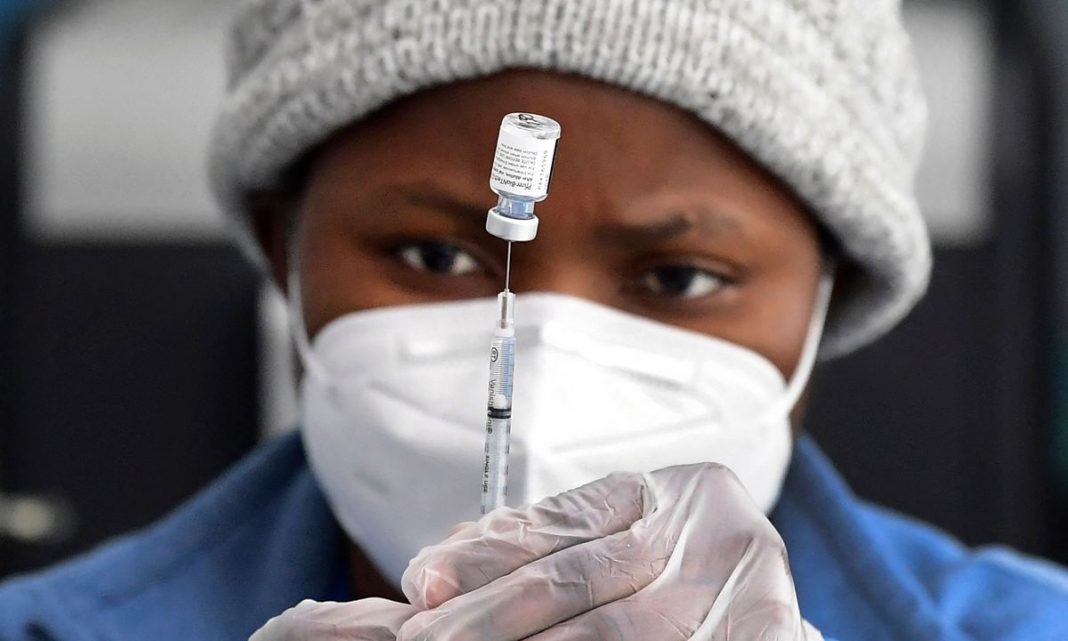RIO DE JANEIRO, BRAZIL – The presidents of the EuroLat Parliamentary Assembly – which brings together 150 members of the European Parliament and several Latin American parliaments – called on the governments of both regions to “push for” the liberalization of patents on Covid-19 vaccines, following the willingness shown by U.S. President Joe Biden.
“We welcome the position expressed by U.S. President Joe Biden and urge the governments of both regions to push for the exceptional and temporary lifting of patents for vaccines and drugs to treat Covid-19,” said MEP Javi Lopez and Colombian MEP Oscar Dario Perez Pineda.

“Getting out of the crisis requires a joint and united effort, ensuring that vaccines are distributed fairly and equitably, universally, and free of charge across the planet,” they said.
In a declaration that brought to a close four days in which the deputies focused on the need for international cooperation to tackle the health crisis, the EuroLat co-chairs said that “to achieve a real solution to the pandemic, immunization of the population of a few countries is not enough.”
“As long as the virus remains and continues to circulate in others, new variants will appear with the risk that vaccines cannot combat them”, they added.
EXPORT CONTROL
Even though the export control exercised by the European Commission on vaccines produced in its territory excludes drugs that are ceded under the COVAX initiative, López and Darío Pérez asked Brussels not to renew the validity of this mechanism when it expires in June.
Although the EU has authorized the export of “around 6 million doses to 11 Latin American and Caribbean countries,” COVAX has injections “for barely 20% of the world’s population,” they said.
In addition, “there is also an underlying geopolitical issue”, López stressed in statements to EFE, calling on the EU “to be present in the vaccination process” in Latin America.
“Although the declaration rejects the political use that some (countries) make of the vaccination process, it is worth recognizing the importance of helping in traumatic times, because it is marked in societies” which lends a hand in a health crisis like this one, the MEP continued, pointing out that 70% of the vaccines distributed today in Latin America come from China.
GREATER REGIONAL COOPERATION
The declaration also underlines how “essential” it is to “strengthen cooperation in Latin America and the Caribbean to confront the COVID-19 pandemic crisis” and to guarantee the supply of sufficient vaccines to the population.
In his conversation with EFE, Lopez assured that “regional cooperation is at a low ebb in Latin America”, a region “that has experienced a strong fragmentation in recent years” and in which spaces for collaboration “have become highly politicized”.
“Obviously, a pandemic like the one we have experienced in the last year requires regional cooperation. That is why the European Union has been so useful for Europeans, which, with difficulties, has been coordinating actions such as the purchase of vaccines,” said the MEP.
DEBT
Beyond asking for an equitable distribution of the vaccines, the co-presidents of EuroLat warned of the “dangers” of the purchase of vaccines being associated with the obligation to request loans from the countries that sell them, since this could aggravate the financial situation of a region hit by debts.
Furthermore, to finance the public expenditure generated by the pandemic, the declaration asks international organizations to “consider mechanisms for relaxing the sovereign public debts of low and middle-income countries”.
Source: efe

